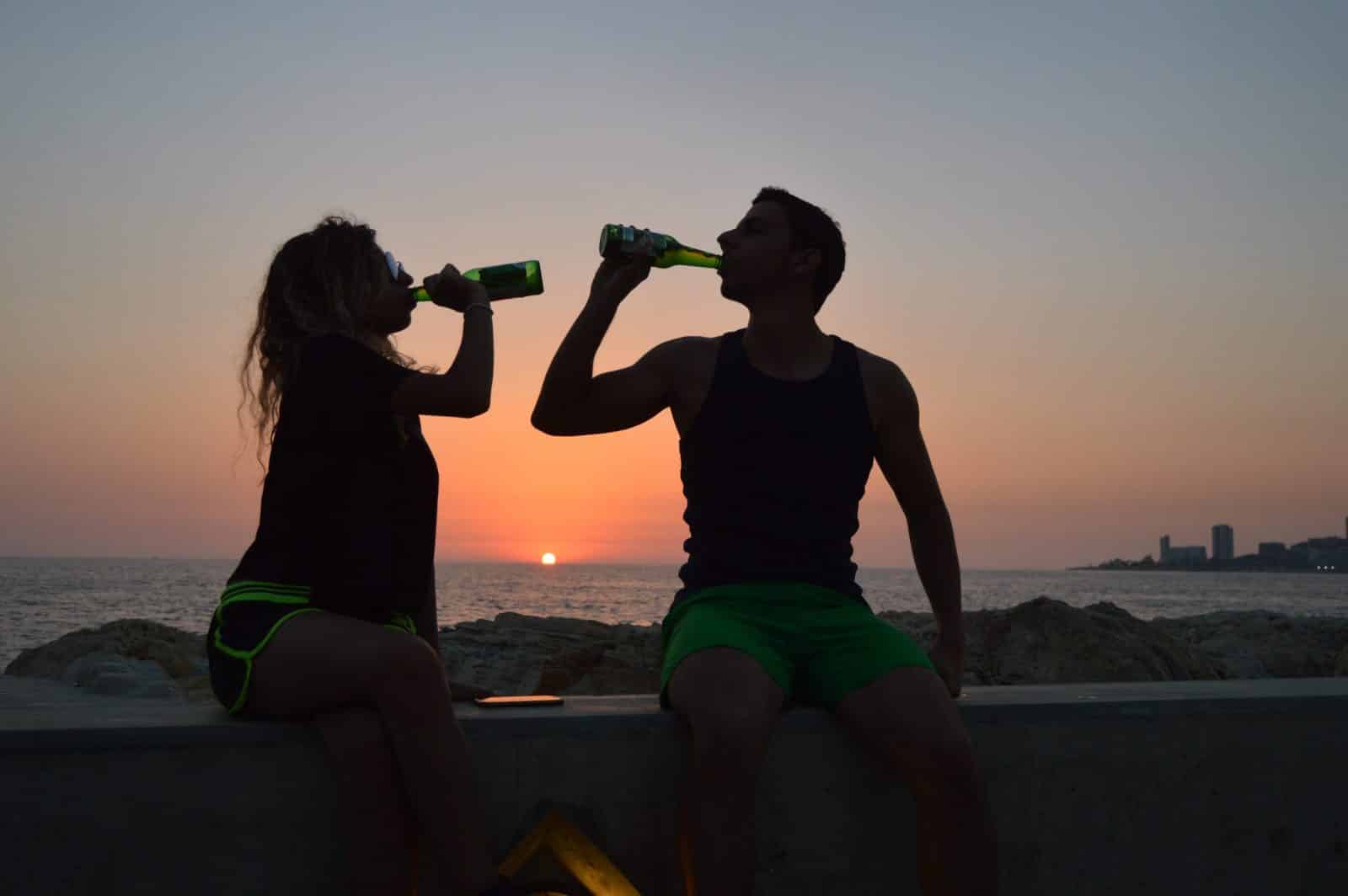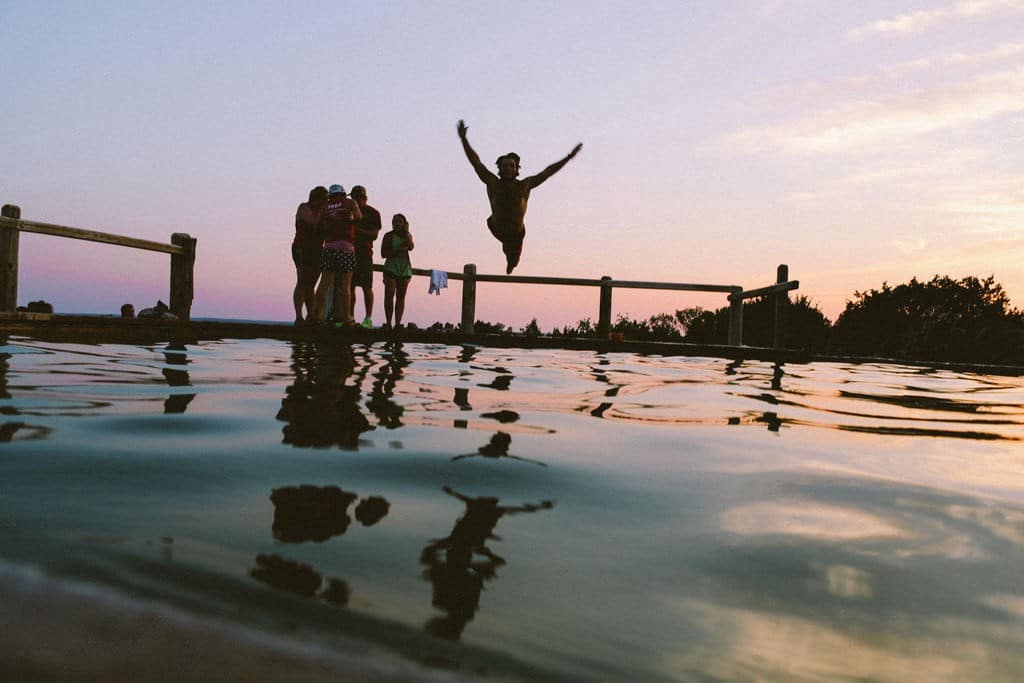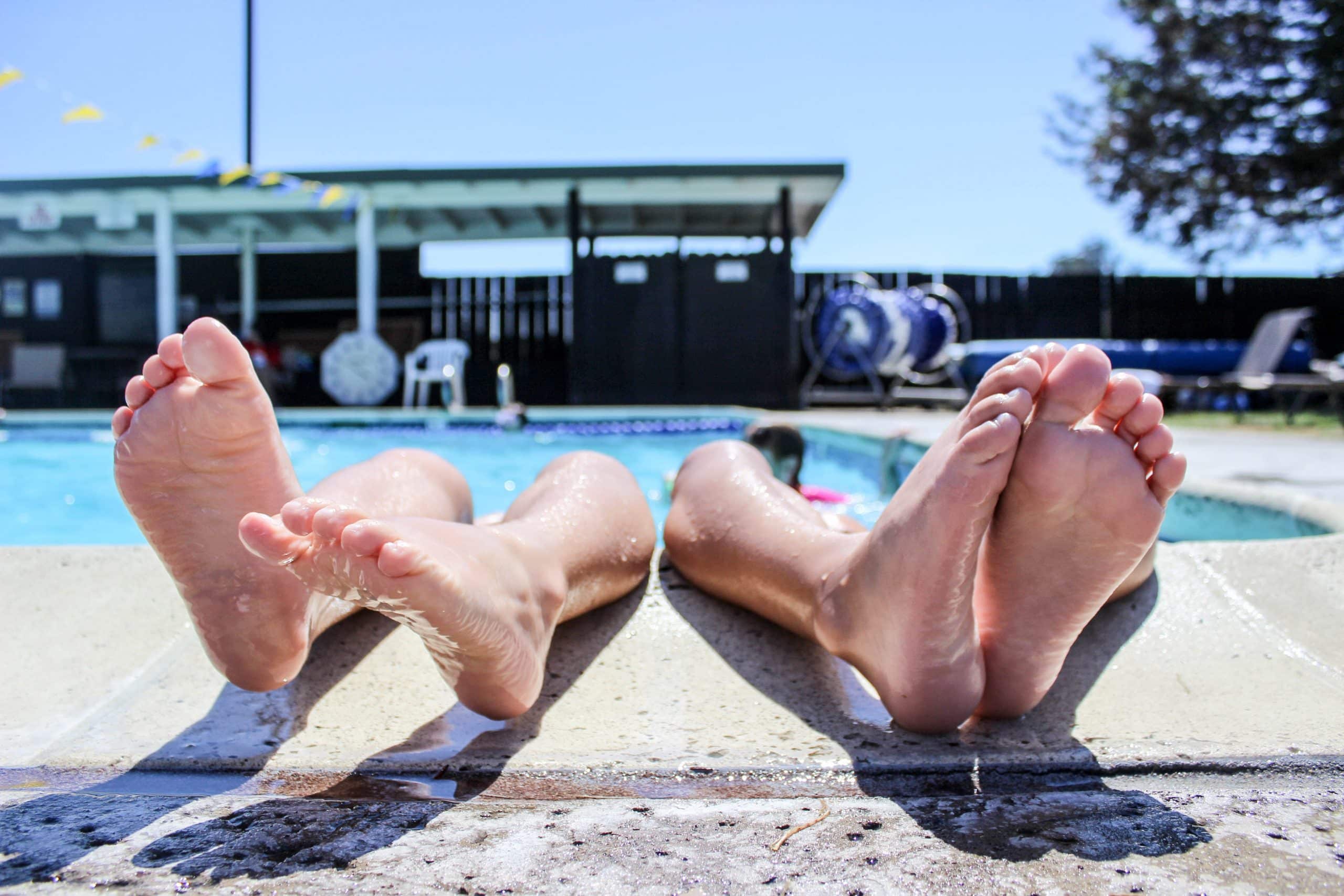
Tag: binge drinking

Curbing binge drinking when you’re over 40
The NIAAA defines a binge drinker as someone who consumes more than five standard drinks in one sitting. If every Australian was asked to put their hand up if they know someone who has had this many drinks on a weekend (or if they do themselves), it would probably look like a national Mexican wave.

What comes after Dry July?
Recent years have seen an increase in the number of people who are taking part in initiatives like Dry July, Ocsober, FebFast and others. You might say that an increased focus on public health by high profile organisations and sponsored by high profile public figures, is a universally positive thing. This is because we are

Should I Choose Moderation or Abstinence?
Can I ever drink again? One big question that comes up when people are making changes to their relationship with alcohol, is whether to stop drinking altogether or try to stick to moderation. This is a good question, and it is a good idea to consider this carefully. Some questions that can help guide your

Surprising results from three months without alcohol
Brad Hopkins, Director at KPMG’s Infrastructure & Projects Group, reflects on the corporate culture of drinking and his three months without alcohol. Personal drinking habits are an unusual topic to kick around with colleagues. The magic little liquid holds a cherished position in corporate Australia – its ubiquity and impact on our work environment is

Dry January is nearly over — here’s what to do next
6 ways an alcohol-free month can kick off your best year With a whole month of the new year already coming to an end, people are still likely to be keeping their resolutions and sticking to goals. But while Dry January could be the month that spikes motivation to a whole new high, the real trick

How to holiday sober
We think you can holiday sober and have an excellent time while you’re at it! Have you ever considered going to Las Vegas, the holy grail of party holiday destinations, sober? We’ll show you it is both possible and fun!






